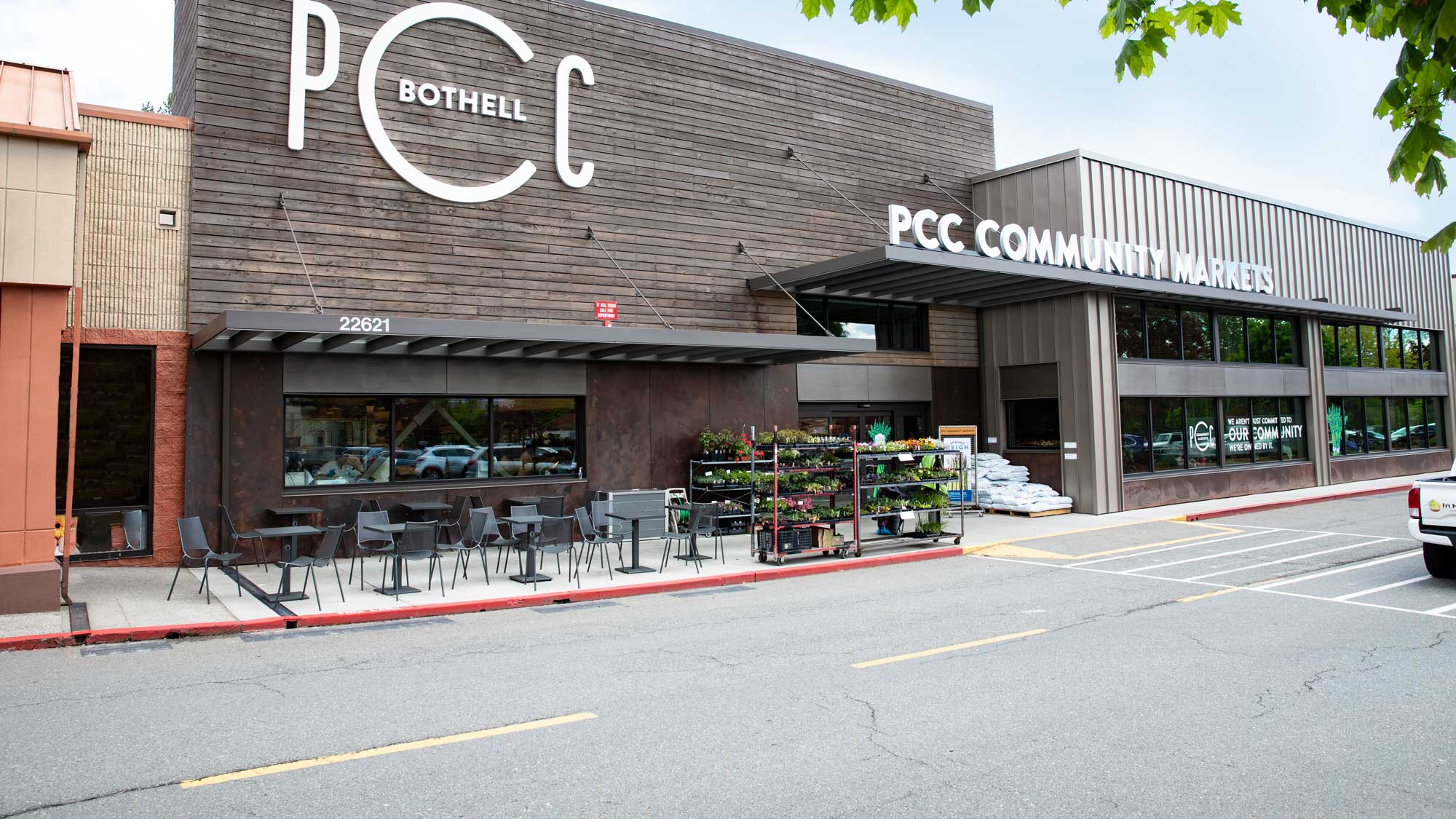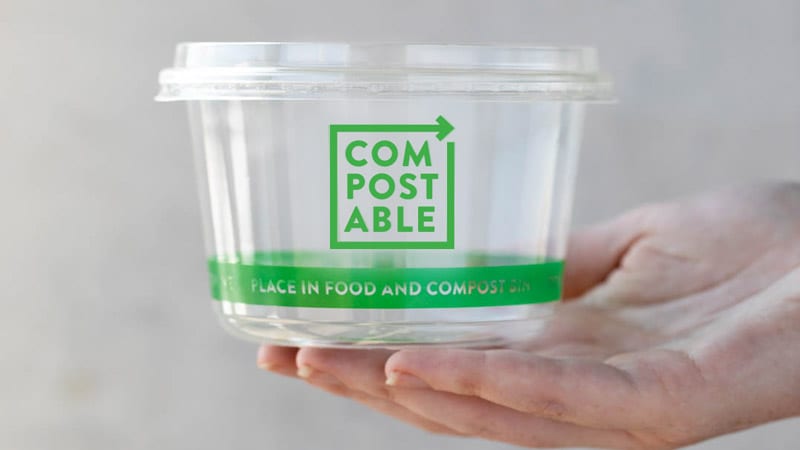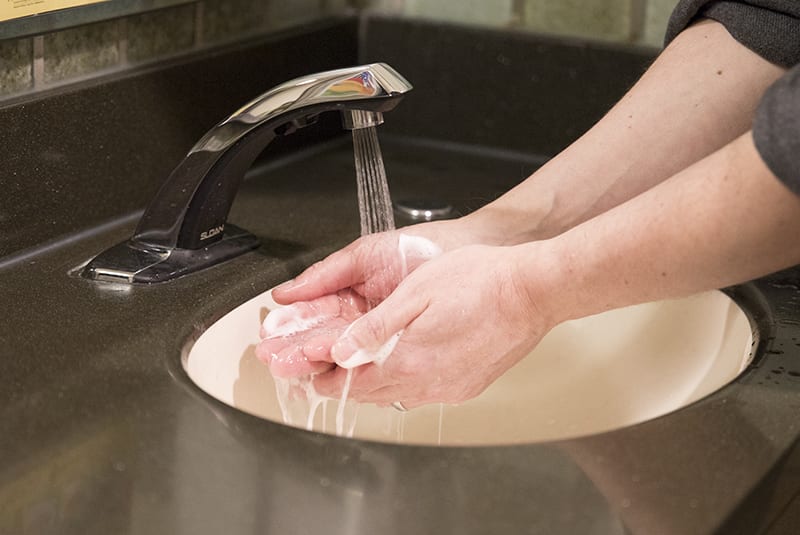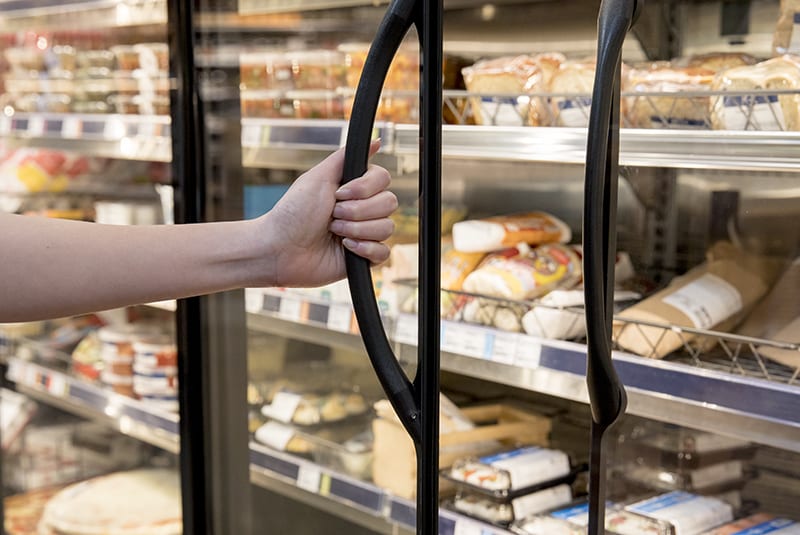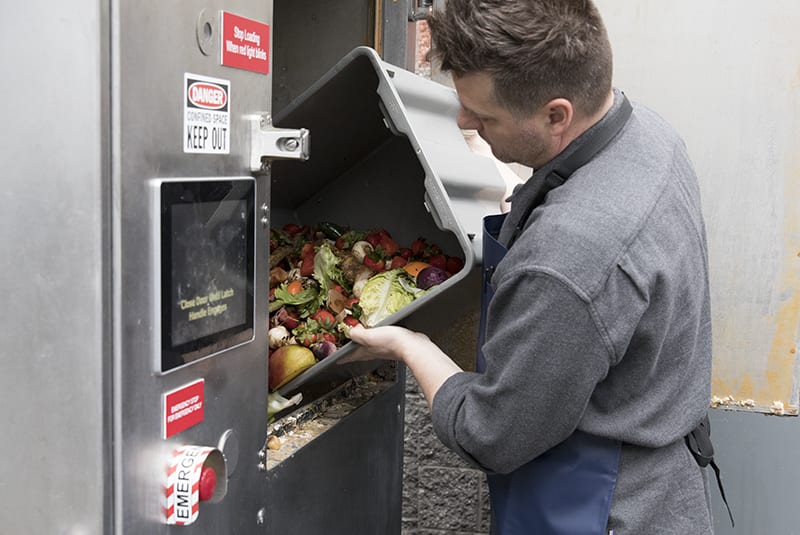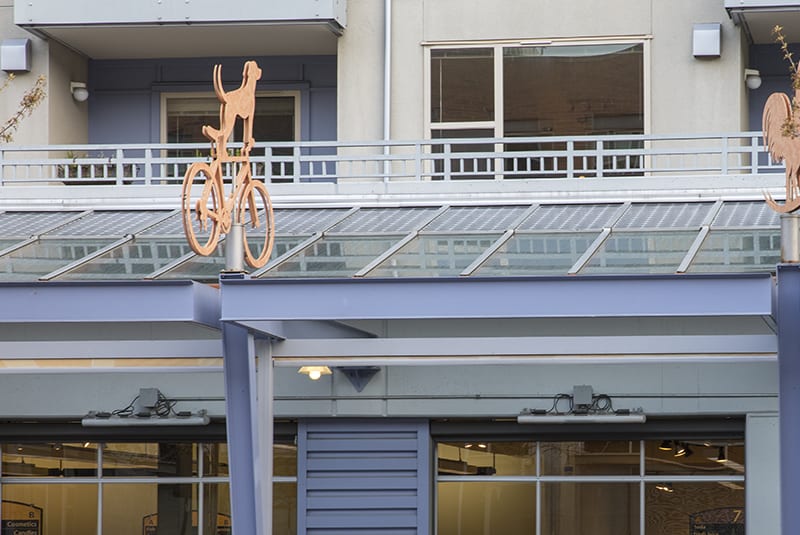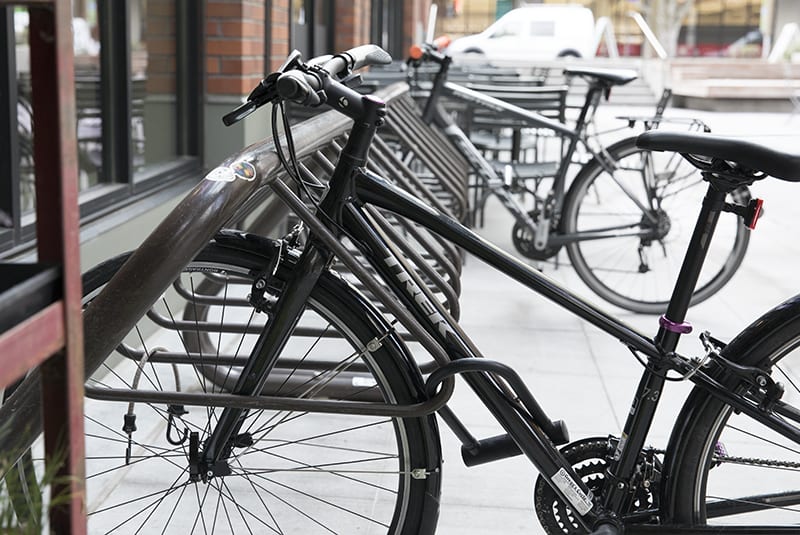Green Building
A pioneer in operating environmentally sustainable grocery stores, PCC has been designing our buildings to reduce their environmental impact since the 1990s. Redmond PCC was the first grocery store in the nation to earn LEED Gold certification. A year later, Edmonds PCC achieved the highest LEED certification: Platinum. Burien PCC is the first grocery store in the nation to achieve LEED v4 certification, which is the most stringent version of LEED green building certification.
Some of our stores have “deep green” design features. For example, Edmonds PCC collects rainwater from the building’s roof into a tank, supplying water as needed to toilets and landscape irrigation — about 160,000 gallons each year. Fremont PCC was Seattle’s first business to install a solar panel, which is a 3kw demonstration project.
In 2019, PCC Community Markets became the first grocery store in the world to pursue Living Building Challenge (LBC) Petal Certification. Set by the International Living Future Institute (ILFI), LBC is the world’s most rigorous green building standard. Read more about our work in three ILFI performance areas: Place, Beauty and Materials.
LEARN MORE
